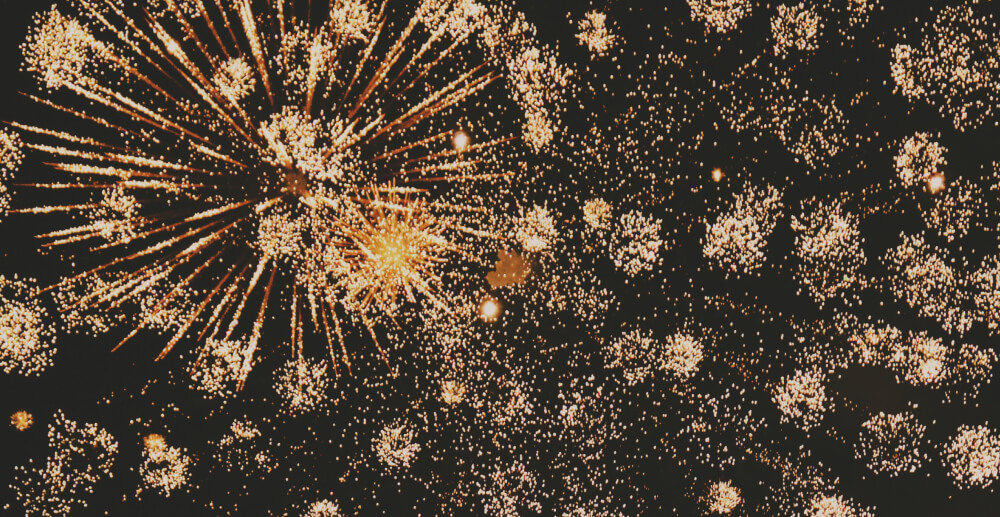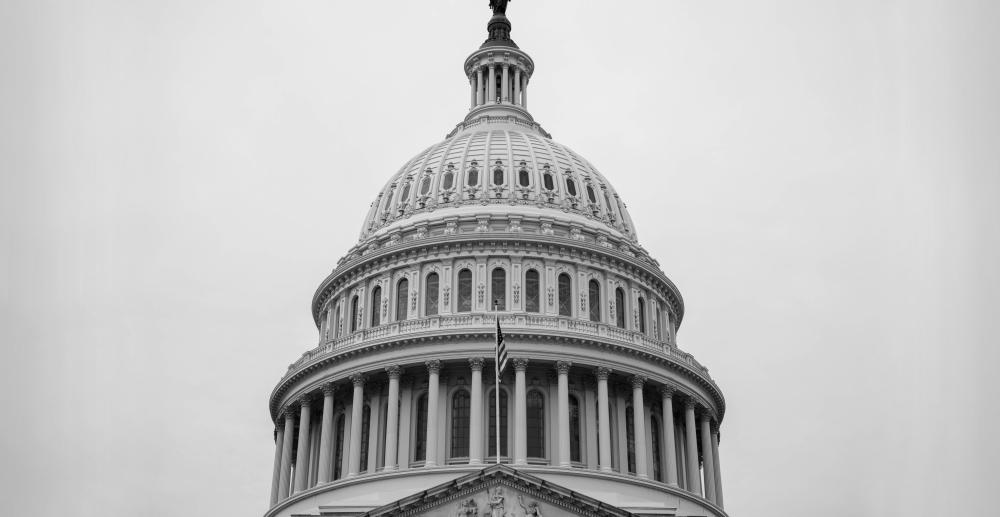From my very first codeine tablet, I was hooked.
That warm fuzzy feeling permeated my body and my migraine—caused by severe dehydration and four bottles of wine the night before—almost vanished into thin air. I was transported to this almost memory-foam-type-fluffy-cloud. I felt like I had hit the jackpot when I discovered codeine.
Except, that wasn’t the first time I felt that way. Like the first time I discovered alcohol—it was like someone had turned on a light in a dark room. Or the time I discovered cocaine: it felt like I was given confidence on a silver platter and my brain was flooded with feel good hormones. My brain was the perfect territory for any kind of addiction to make itself at home. The substance—booze, food, prescription drugs, cocaine, codeine—didn’t matter; what mattered was my pursuit to constantly avoid my reality and numb my feelings.
All of the substance gave me that one thing I sought: escape. My life was too painful without it.
Of all the drugs though, codeine was one of the most powerful. When you’ve consumed alcohol like I had, you deal with some pretty severe hangovers. The dehydration, the stress I had from my job, and my inability to cope with life, caused chronic migraines. I would be crippled with pain, nausea, vomiting, aura, and light sensitivity. I would spend most days in a dark room or in the bathroom until it lifted. That was until I discovered codeine. It felt like a magic pill to a different kingdom of escape.
“The substance—booze, food, prescription drugs, cocaine, codeine—didn’t matter; what mattered was my pursuit to constantly avoid my reality and numb my feelings.”
I felt like I had discovered the key to allow me to continue to drink at a ridiculous rate: four bottles of wine a day—sometimes more. Except, before I knew it, I was taking the codeine to get through the day—to take the edge off life. The problem with doing that, as with any substance use disorder, is that you build up a tolerance—requiring more and more to have the same effect.
Within the first few months of my new ‘wonder drug’, I was taking it with wine, to—in my crazy addicted mind—prevent a migraine. Except, I was so high, that I hadn’t realized just how much I had taken. Before long, I was back at the pharmacy—alternating them at that point—buying several boxes a week. I would also visit the doctor to get a stronger version—just in case.
“I’ll never forget the horror in my friends eyes, when he opened my chest of drawers and found my stash.”
I’ll never forget the horror in my friends eyes, when he opened my chest of drawers and found my stash. I knew then that I needed to get help. Just over six years ago, I did. I found help and I got sober. I was lucky that I made the decision to stop the pills at the same time: I had to have a sober mind and all that entailed.
In some ways, discovering codeine was a blessing. In a potentially dangerous way, I escalated my journey to rock bottom—the place at which I sought help. But we needn’t get that far. What if we considered getting help earlier?
How about seeing severe migraines as a sign that we need to look at unhelpful and potentially dangerous patterns of behavior? Instead of seeking codeine, or any other pain relief, what if we sought to get to the real source of pain: our desire to escape reality and an inability to deal with the stress of life?
You needn’t get to the place I got to—save yourself, and your loved ones years of pain—you can stop any issues you have with pain pills now.









